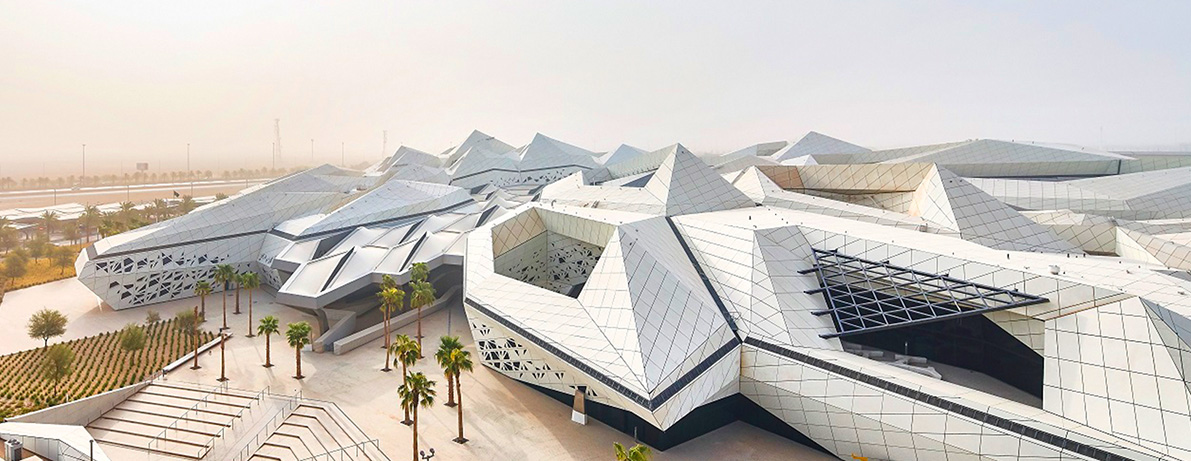Date: Saturday, February 4, 2023
Time: 10:00 am – 2:30 pm
Location: Hilton Riyadh Hotel & Residences
If you would like to join this program, please RSVP by sending an email to reviewiaee2023@saudi-aee.sa with the Subject Line “Young Professionals Day. Please RSVP by December 31, 2022 to guarantee a spot. Late registrations may be accepted based on space availability.
The IAEE Conference’s Young Professionals and Scholars Day will augment the
professional learning and development outcomes for young professionals and scholars
(including Ph.D. candidates and recent Ph.D. graduates) attending the 2023 IAEE
conference in Riyadh.
Four topics will be covered during the day:
- Identifying how scholars and professionals can choose career paths and find suitable jobs.
- Introducing our colleagues to the basics of publishing, with the aim of reducing
the time needed for them to familiarize themselves with the rules and processes
of academic publishing. - Helping young professionals to connect with and emulate successful professionals
in their respective fields. This will include coaching on how to find effective mentors
in their respective ecosystems. - Establishing the beginning of a lifelong, global, professional peer network.

Session 1
The Scholar-Professional Connection in Energy Policy
Intended audience: Graduate students, recent Ph.D.s, young energy professionals,
policymakers and professionals who want to relate to the world of research.
Format: Moderated panel discussion and roundtable.
Research remains an essential component of shaping policymaking, business decisions
and technological advancements in global energy. However, major players in the global
energy ecosystem may have differing and occasionally non-overlapping understandings
and expectations of energy research. Such misalignments can lead to the inefficient
allocation of time and resources. With this in mind, this panel will discuss the value of
research in different parts of the energy ecosystem. The panel will advance participants’
understanding of what research means for academics, think tanks, policy institutions and
businesses. Discussions among various players in the global energy ecosystem are key to
maximizing the value of research.
Some of the questions this panel will seek to address are:
- What does good research mean for different audiences (i.e., scholars, policymakers,
think tanks, businesses)? - How can energy professionals make good use of research and knowledge?
- How can energy professionals leverage global research to address Saudi/other countries’ priorities?
- How to establish a global network of knowledgeable peers through creating and using good research?
Session 2
Constructing Valid Designs and Drawing Valid Conclusions in Academic, Business, and Think Tank Research
Intended audience: Graduate students, recent Ph.D.s, young energy professionals,
policymakers and professionals who want to relate to the world of research.
Format: Interactive teaching module.
The global energy complex utilizes a considerable amount of research produced at academic institutions, think tanks, and private businesses. Deriving valid insights from
strong research designs is critical for informing the energy community in an unbiased, effective, and equitable manner. Issues such as selection bias, regression artifacts,
censored observations, and unit heterogeneity, among others, pose significant threats to valid inference. These threats often go unnoticed in major energy research debates.
Moreover, if unnoticed, bad inference can lead to erroneous policy recommendations and bad business decisions, with significant implications for all stakeholders.
Good research design and valid inference often come from a solid logical approach rather than technical prowess. This session aims to alert participants to the concept of inference, survey the latest developments in addressing challenges to valid inference, and how to strengthen the analytical foundations of policy-relevant energy research. It is also important to note that identifying promising research questions which lead to valid, actionable inferences will bolster the careers of young academics, both in academic and policy spheres.
Some of the questions this panel will seek to address are:
- What is inference and why do we care about it?
- What are the common pitfalls in inference, and how erroneous inference leads to bad.
findings and advice. How to turn questions of interest into good research questions. - Recent examples of good, relevant energy research for policymakers and businesses.
- How to use good research (as a consumer and/or producer) to gain global visibility.
A third session will be held during the week of the conference, with the time and location to be announced as part of the conference program.
Session 3
Basics of Getting Published/Meet the Editors Roundtable
Intended audience: Graduate students, recent Ph.D.s, policymakers and professionals
who want to enter the publishing scene.
Format: Moderated panel discussion.
This session will introduce participants to the basics of publishing academic journal
articles. More specifically, we aim to reduce the time needed for participants to familiarize
themselves with the rules and processes of academic publishing. Journal editors and
scholars will also provide tips on the major steps involved in the publishing process.
Some of the topics that this session will cover will include:
- Choosing the right journal
- Framing the study
- Writing effective letters to editors
- How to deal with rejections and revisions
- The ‘dos and don’ts’ of publishing
- Available resources to assist young scholars in the publishing process
